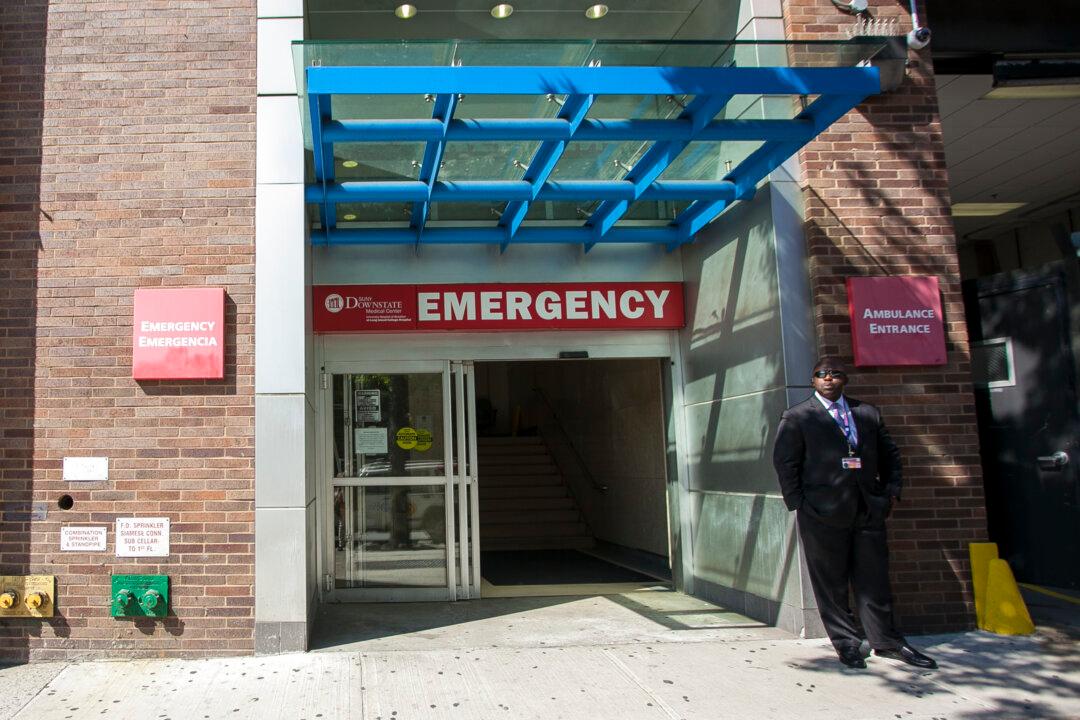To the ire of Brooklyn locals, the State University of New York (SUNY) signed off on a deal Thursday to sell the Long Island College Hospital for $240 million to Fortis Property Group, which is planning a residential development.
Amid protests that the property needs to remain a hospital to serve residents’ needs, NYU Langone Medical Center, working in partnership with Fortis, has agreed to build 135,000 square feet of space at the site, double its initial proposition of 65,000 square feet.
SUNY officials breathed a sigh of relief at selling off the unprofitable hospital after almost two years of legal action and community protests.
Through the bidding process, SUNY fought to protect “students, campuses, and taxpayers from devastating financial losses,” said board chairman H. Carl McCall.
NYU Langone will invest $175 million in addition to the $5 million it already invested for the interim emergency department. The complex, expected to be complete in 2018, will employ about 400 people.
Many Roadblocks
Since May 22, the hospital closed all health services except emergency care treatment for walk-in patients. There has been no ambulance service, leading to overcrowding in other Brooklyn emergency rooms.
After putting out a request last year, SUNY began negotiations with several different developers, but many of the deals fell through. LICH patients sued for a more transparent bidding process.
New York State Nurses Association also brought a lawsuit to the university system, asking for NYU Langone to rehire LICH nurses.
The Cobble Hill Association reacted negatively to news of the sale.
“Governor Cuomo has decided to sell a hospital for condos without a single assessment of community health needs,” said spokesperson Jeff Strabone, “No process, not even a bogus one, was ever undertaken to show whether or not South Brooklyn needs more or less hospital health care.”
Strabone noted that at the start of 2013, LICH’s beds had been over 90 percent full.
He added, “People will die because of this deal.”
NYU Langone still needs approval from the State Department of Health, the attorney general, and the state comptroller, after which it will open the freestanding emergency room within two business days.





